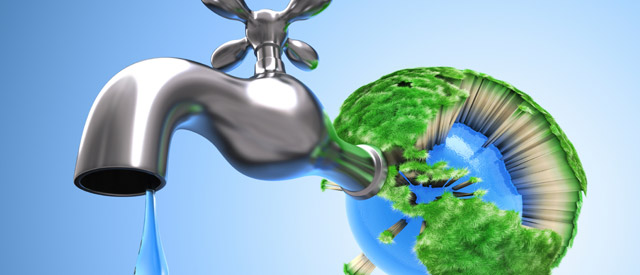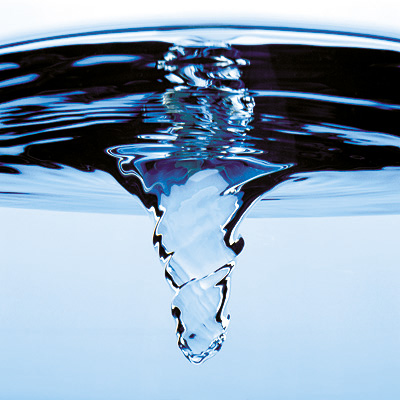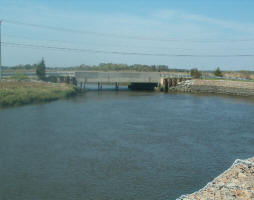 Privatization revisited: lessons from private sector participation in water supply and sanitation in developing countries
Privatization revisited: lessons from private sector participation in water supply and sanitation in developing countries
This paper examines the experiences of private sector participation
(PSP) in the water supply and sanitation (WSS) sector. The paper argues
that publicly owned water utilities have not always been successful in
both developed and developing economies. However, non-market failures
in supplying water are much more severe in developing economies. On
grounds of efficiency, public WSS services have remained wanting. Large
proportions of the population remain with little or no access to public
services, and the quality of services for those who receive them are
often poor, characterised by frequent breakdowns and unreliable supply.
The authors note that one of the important expectations of PSP
is that the private sector brings resources to invest in the WSS sector
so that coverage can be increased. However, increasing water coverage
in developing economies has been difficult to achieve under PSP for two
reasons:
- water users in some countries are not willing to pay tariffs, partly because people are not aware of the health benefits flowing from reliable supply of water.
- private suppliers aim to make a profit and hence, they will invest only where they expect to make a profit. Therefore, the poorest clients are inevitably neglected. There are numerous case studies that highlight this.
The report also provides a useful general guide in introducing PSP in the water sector. It concludes by recommending that selective application of PSP in the WSS sector should be backed by rigorous prior assessment of its feasibility. When prevailing conditions are not suitable for introducing PSP, reforming the public utility should be given due consideration as a viable alternative. In addition, a more independent regulator is critical to making water operations more efficient since self-regulation is a questionable preposition.
Conditions under which the private water supplier can be more efficient are presented. These include:
- innovative approach to competition
- effective regulation
- good governance and contract enforcement
- sufficient effective demand.
| Contact information |
H. Gunatilake (ed); M., F. Carangal–San Jose (ed)
|
|---|---|
| News type | Inbrief |
| File link |
http://www.adb.org/Documents/ERD/Working_Papers/WP115.pdf |
| Source of information | Eldis |
| Keyword(s) | water supply and sanitation |
| Subject(s) | DRINKING WATER AND SANITATION : COMMON PROCESSES OF PURIFICATION AND TREATMENT , POLICY-WATER POLICY AND WATER MANAGEMENT , WATER DEMAND |
| Geographical coverage | Asia |
| News date | 28/08/2009 |
| Working language(s) | ENGLISH |
 you are not logged in
you are not logged in





